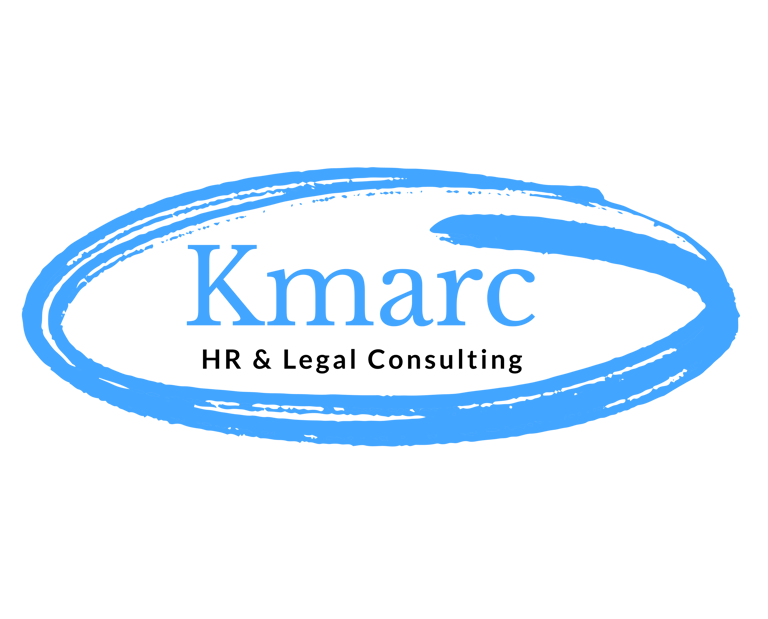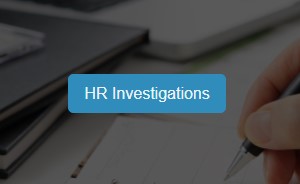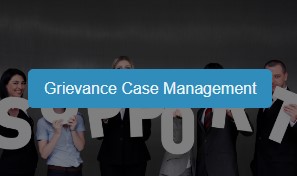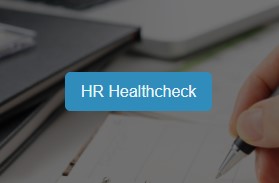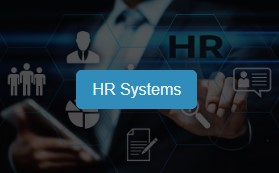Kmarc HR Consulting Northern Ireland
Employee Relations
There are some employee issues such as Bullying, Harrasement and discrimination that often you would prefer not to have to deal with and not have you or your own people involved in due to the sensitivity of allegations, confidentiality and fall out from the whole process.

Bullying, Harassment & Discrimination Allegations
Legal Framework
The legal framework in Northern Ireland is based on a myriad of legislation. Please note the Equality Act 2010 which governs the rest of the UK does not apply in NI despite what most websites will tell you. This myriad of legislation and tribunal decisions addresses various forms of discrimination, harassment, and victimisation related to characteristics such as age, disability, gender, race etc..
Bullying
Harassment
Northern Ireland, unlike the rest of the United Kingdom, has its own peculiar pieces of legislation, regulations and employment tribunal system in place to address and prevent bullying, harassment, and discrimination in the workplace. These issues are taken seriously, and various laws and organisations exist to provide employees with rights and support. Here is an overview of how these matters are addressed in Northern Ireland:
Discrimination
can be direct discrimination is treating someone less favourably in employment because of a characteristic (above), indirect discrimination is applying a provision, criterion, or practice that puts someone with a characteristic such as race, age, sex etc. at a disadvantage.
refers to offensive, intimidating, or malicious behaviour that violates an individual's dignity or creates an intimidating, hostile, degrading, humiliating, or offensive environment for them. While not a legal term in the same way as harassment, it is typically covered under the broad umbrella of workplace misconduct and may have legal implications.
is unwanted conduct related to certain characteristics protected under NI legislation that has the purpose or effect of violating an individual's dignity or creating an intimidating, hostile, degrading, humiliating, or offensive environment for them.
Employer Responsibilities
Reporting Procedures
Employers in Northern Ireland have a legal duty to prevent and address bullying, harassment, and discrimination in the workplace. They are required to have clear policies and procedures in place for handling complaints and taking appropriate action.
Employers are responsible for establishing a confidential and accessible process for employees to report incidents of bullying, harassment, or discrimination. These processes should be well-communicated to all employees.
Investigation
In Northern Ireland there is a strict onus on employers to conduct thorough and impartial investigations into complaints of bullying, harassment, or discrimination. The investigations should be fair, respectful, and timely. If this is not done correctly cases brought to Tribunal will fail.
Disciplinary Action
Protection from Victimisation
Employees who report bullying, harassment, or discrimination should be protected from victimisation. They should not face retaliation for making a complaint in good faith
If the impartial investigation confirms that bullying, harassment, or discrimination has occurred, the employer should take appropriate disciplinary action, which may include warnings, suspension, or termination of the offender's employment. This is where Kmarc HR Consulting can assit and add value to your process.
It is crucial for employers in Northern Ireland to create a workplace culture that values diversity, respects the dignity of all employees, and actively prevents bullying, harassment, and discrimination. Training, clear policies, and open communication are essential components in creating a respectful and inclusive work environment. Employees should be aware of their rights and options for reporting incidents to ensure a safe and fair workplace.
Kmarc Consultants have vast experience in this area.

